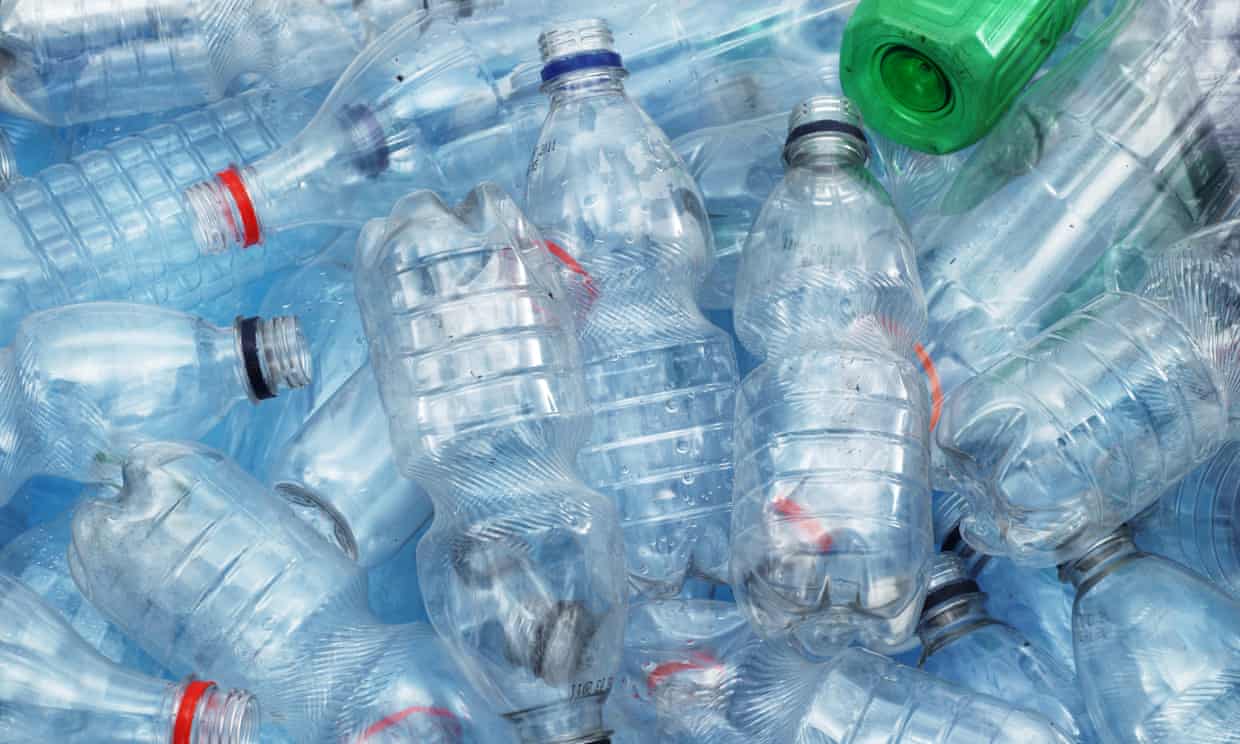
Since the 1950s about 8bn tonnes of plastic has been produced. The Greenpeace report catalogues peer-reviewed research and international studies showing not only that just a tiny proportion (9%) of plastics are ever recycled, but also that those that are end up with higher concentrations of toxic chemicals, multiplying their potential harm to human, animal and environmental health.
Recycled plastics, the report says, often contain higher levels of chemicals such as toxic flame retardants, benzene and other carcinogens, environmental pollutants including brominated and chlorinated dioxins, and numerous endocrine disruptors that can cause changes to the body’s natural hormone levels.
“Simply put, plastic poisons the circular economy and our bodies, and pollutes air, water and food. We should not recycle plastics that contain toxic chemicals. Real solutions to the plastics crisis will require global controls on chemicals in plastics and significant reductions in plastic production.”
Plastic production is forecast to triple by 2060.